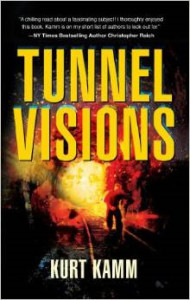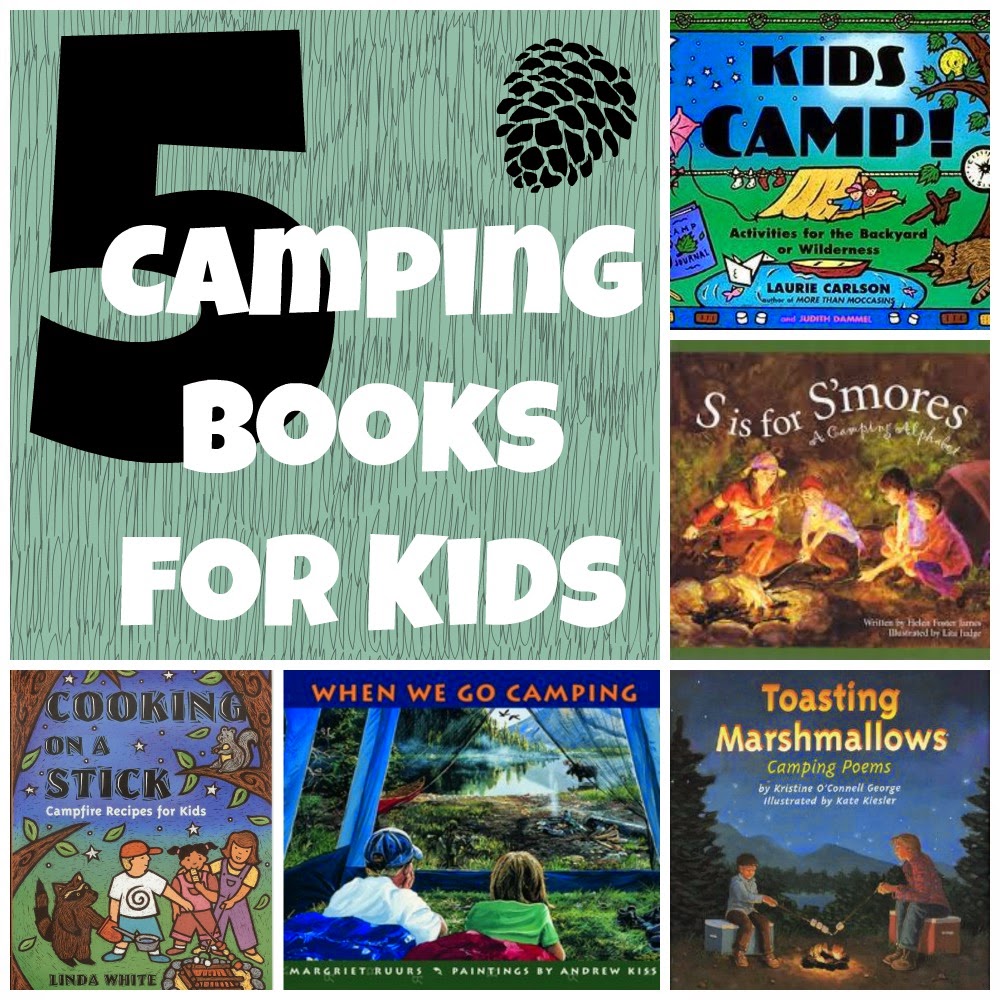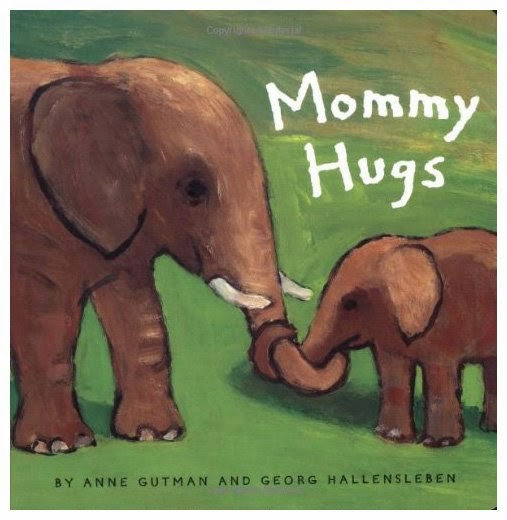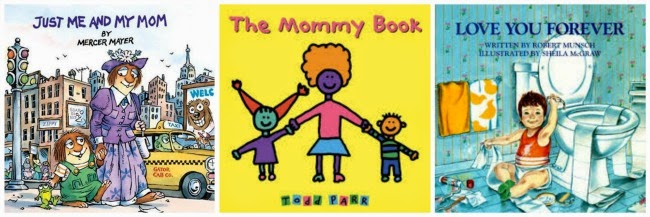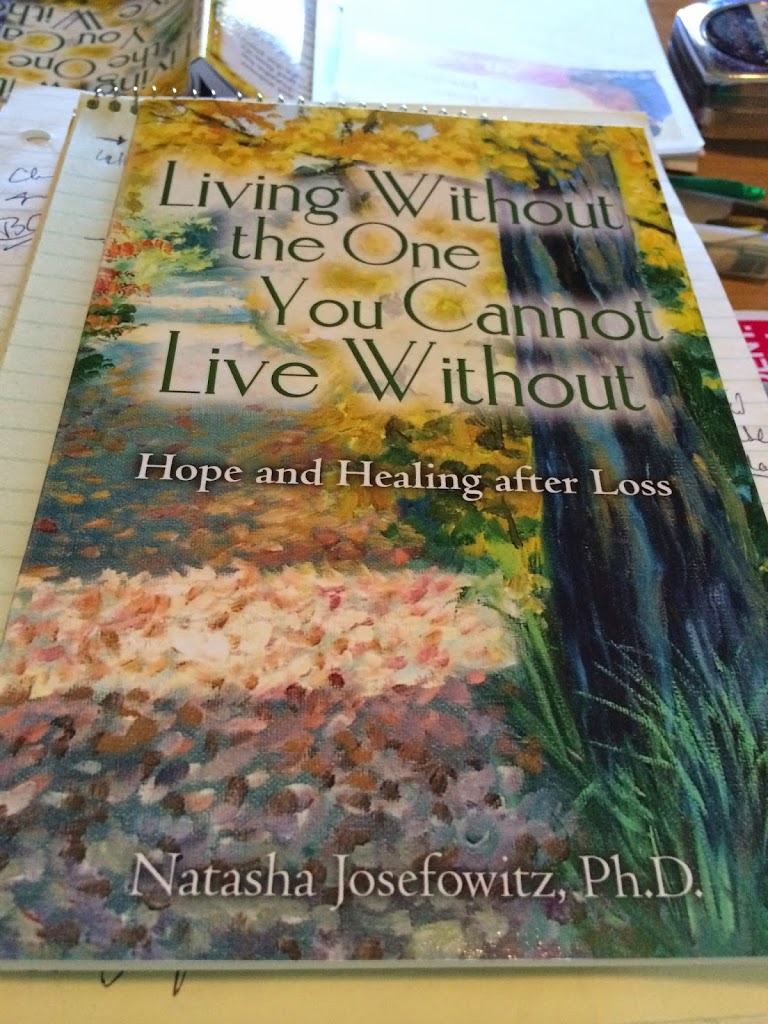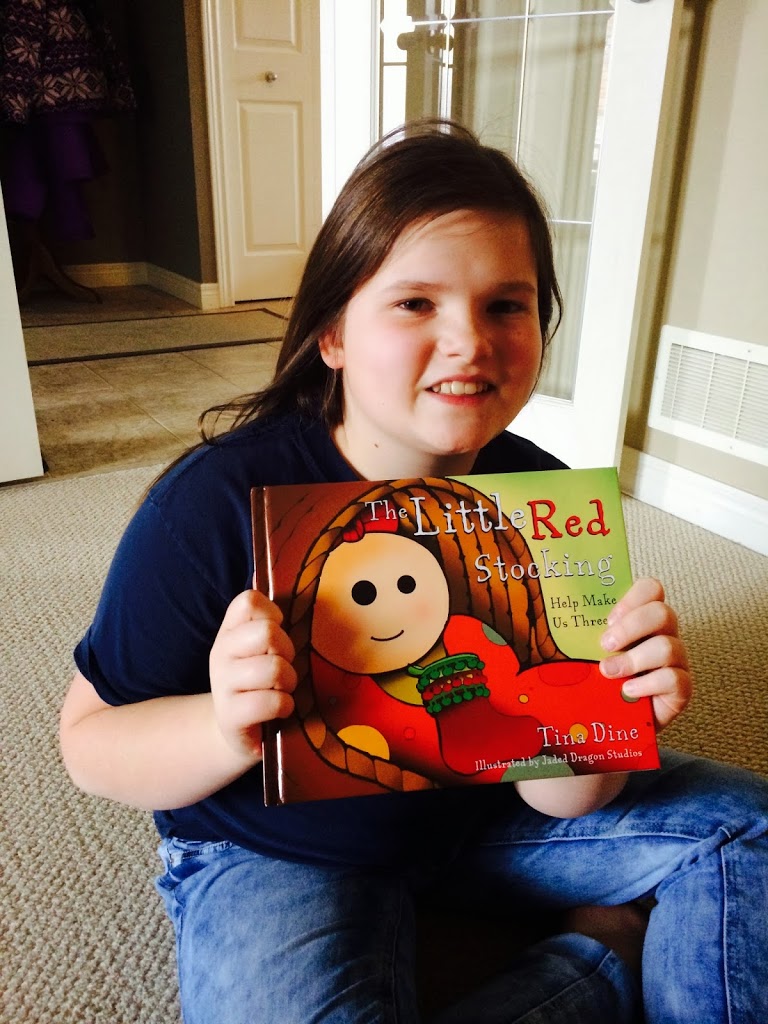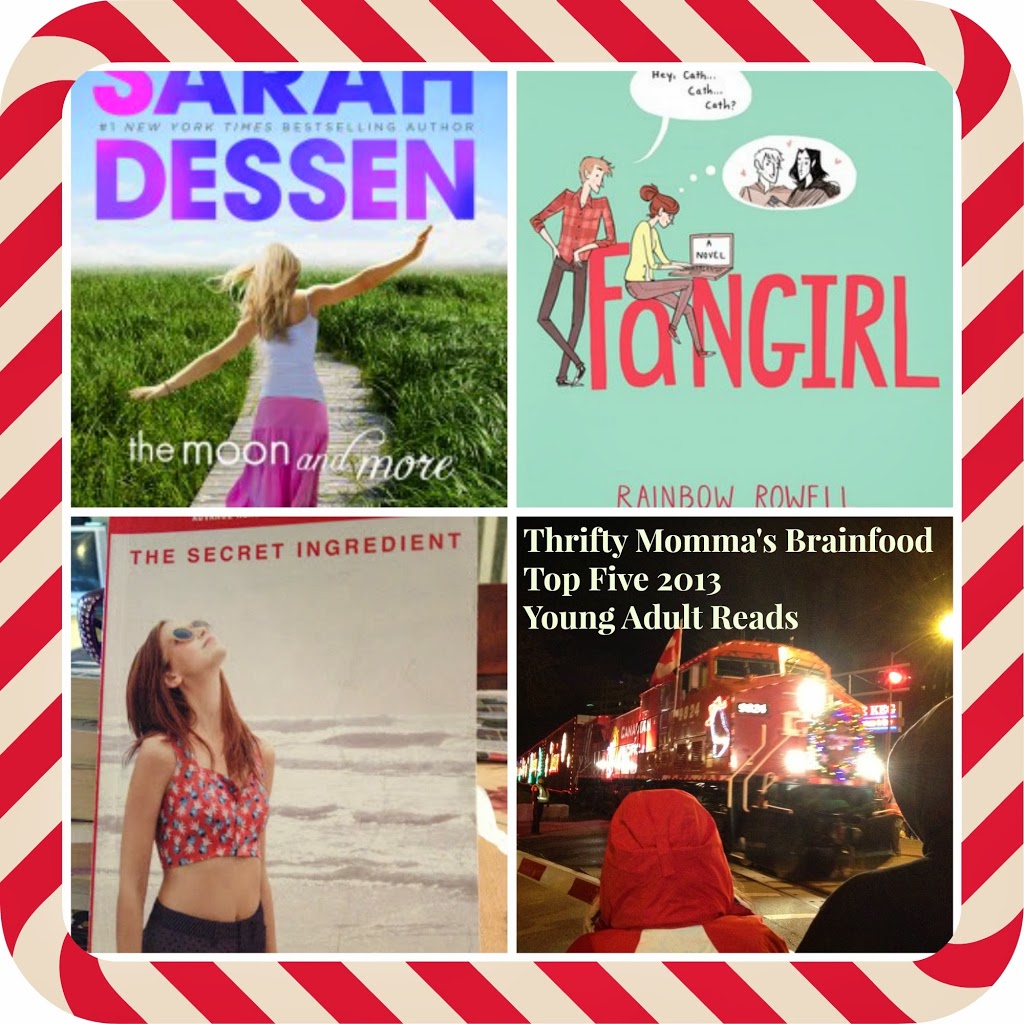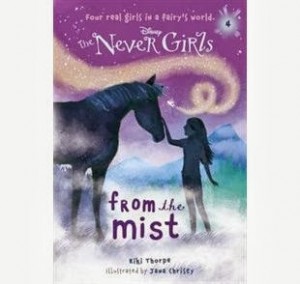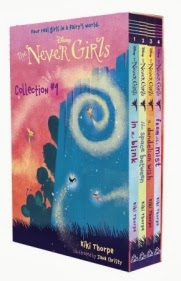First responders and the hazards they face and deter are at the heart of the fact-based mystery novels of Malibu, California author, Kurt Kamm. The following is a question and answer author interview with Kurt Kamm.
A graduate of Brown University and Columbia Law School, Kurt had a successful career as a financial executive and CEO before immersing himself in the world of the first responders who feature so prominently in his books. After attending the El Camino Fire Academy and training in wildland firefighting, arson investigation, and hazardous materials response, Kurt also became a graduate of the ATF Citizen’s Academy and has ridden along with the Los Angeles County Fire Department’s famed Urban Search & Rescue Task Force. Along with this, Kurt has has used his contacts with CalFire, Los Angeles and Ventura County Fire Departments, and the ATF to enhance the research which vests his novels with a realism that puts his readers on the ground with his characters.
- When did you realize you wanted to be a writer, and when did you actually begin to write?
I have always enjoyed writing and won a short story prize in high school. When I was at Brown, I took a career guidance test and was advised to become a writer. Even in those young, naive days, I knew I couldn’t earn enough money as a writer and decided to go to law school and on to Wall Street. I look at writing as a final reward for working hard at other things for most of my life
- What in your background prepared you to be a writer?
Every lawyer has to learn how to write, if not in the most interesting way. Right brain-left brain. I was never very good at math, but I was a terrific reader and had a good imagination. My business partner couldn’t write two sentences but was brilliant at numbers. We made a great pair.
- It is said that the key to becoming a writer is to sit in a chair and write. What made you finally sit down and write?
I retired, was recently divorced, and moved out to Malibu. One day I woke up and had NOTHING to do. A friend from the LA Times convinced me to start writing classes. We were encouraged to keep a journal, and write something, anything, every day. That’s how I got started. I really enjoyed it and thought, this is something I can do.
- You write faction – fiction based on fact. How much research goes into your novels?
A lot of research. I just read about an author who wrote an entire series of novels about India without ever having even been there. That’s inconceivable to me. I have to be out in the field, smelling, touching, checking out the colors and textures and, most important, listening to the people around me. I have spent hundreds of hours with the men from LA County Fire Department in training situations and at actual incidents. I’ve never had so much fun in my life and have opened a window into a part of life that was unknown to me when I worked in the financial world. I use those experiences as the backgrounds for my novels. I could never dream that stuff up.
- Do you do your research yourself, or do you have an assistant do it?
I do all the research myself. I’m not sharing the fun with anyone!
- With the attention you give to detail, you know a tremendous amount about your topics. Why faction? Why not non-fiction?
Non-fiction is boring. I want to create factual backgrounds and then insert unique characters: identical twins who are terrorists, albinos obsessed with tattoos and rare blood, and weather broadcasters fixated on fires.
- In Tunnel Visions you bring attention to the realities we are facing with water in California? What made this topic of interest to you?
The idea for Tunnel Visions came from an actual event, a disastrous gas explosion in a water tunnel which killed 17 men. Once I adopted that as the background for the novel, the whole issue of California’s water shortage became part of the story.
- Is this reversible? How?
It’s hard to reverse a water shortage unless you are God. Conservation will help. The rain/drought cycles may be decades long. The western United States had a 50 year wet cycle up to end of the 20th Century, so everyone adjusted their expectations and water usage upward. Now we’re in a drought cycle and it’s hard to know how long it will last.
- For you, what drives a novel – plot or character?
Character drives the novel. I love to imagine people who are slightly, or significantly, off center. Isn’t everyone a little weird? The personality issues create the plot.
- You capture the voice and pathos of a young protagonist easily. How easy or difficult is this for you?
I refuse to admit my age. Who wants to read something written by an old guy about an old character who’s been there and done that? I like to write about young characters who are intrepid and enthusiastic but don’t have enough life-experience to avoid making mistakes. Actually, it’s easy to create these young characters, and I love ‘em all! Now excuse me, I have to take my mid-morning nap.
- Your female character in Tunnel Vision is particularly strong. Did you make her this way on purpose? Did you model her on anyone in particular?
I do know a woman who is a special agent for the ATF, and she gave me some insight into her life in law enforcement. She is attractive, feminine, and tough as nails. I almost fell off my chair when she told me that she worked undercover for two years in an outlaw motorcycle gang in Wichita. (“Winter on a bike sucks.”) I like including strong female characters – I guess it brings out my feminine side.
- What do you hope readers take away from your books?
First, I hope they simply enjoy the experience of reading my novels and find my characters interesting, lovable, or reprehensible. I would also hope they get some insight into the skill and dedication of the first responders who make everyone else’s life safer and easier.
- What is the best advice you ever received as a writer?
How about the worst advice? The worst advice was, “Write what you know.” If you do that, you might not ever write anything interesting. Get away from your computer. Get yourself into something you know nothing about, and learn something new. Then go back and write about that.
10. What is your best advice for aspiring authors?
When I was a master’s bicycle racer, I spent hours, training by myself and trashing my body. Then, on race days, I got up at 4 AM, drove two hours to a 7 AM race start, busted my gut for 2 hours, and sometimes ended up on the podium. And guess what? Almost no one was around and almost no one cared. Sometimes I asked myself, “Why am I doing this?” The answer was, because I loved it. The same applies to writing. You may spend hours working hard to create something no one notices or cares about, so you had better enjoy the process, because that may be all the reward you get. There are no guarantees. That said, if you do love what you are doing, don’t ever give up.
Kurt Kamm is an award-winning novelist of fact-based fiction. His latest thriller, Tunnel Visions, is on shelves now. You can read more from Kurt on Huffington Post or Facebook. To read interviews conducted by Kurt with some of your favorite best-selling authors, visit www.KurtKamm.com.
This post contains an affiliate link.
